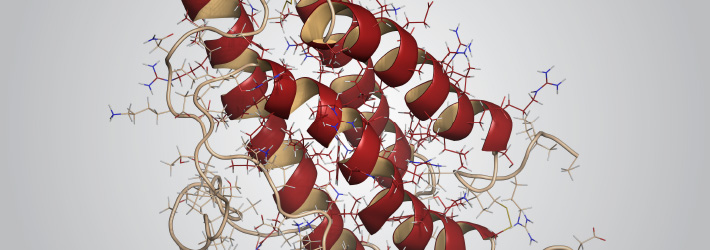On March 4, 2024, Merck Sharp & Dohme, LLC (“Merck”) filed four IPRs challenging The Johns Hopkins University (“JHU”) patents covering methods of treatment using pembrolizumab, which Merck sells under the trade name Keytruda®. The four IPRs are IPR2024-00622 challenging U.S. Patent No. 10,934,356; IPR2024-00623 challenging U.S. Patent No. 11,325,974; IPR2024-00624 challenging U.S. Patent No. 11,325,975; and IPR2024-00625 challenging U.S. Patent No. 11,339,219; as being anticipated by and obvious over the prior art.
According to a November 2022 Complaint filed by Merck against JHU (1:22-cv-03059 (D. Md.)), which relates to the patents at issue in the IPRs, Merck and JHU had a joint research collaboration to conduct a clinical study using Keytruda®. Merck alleged that after concluding the study, “JHU obtained issuance of United States patents citing the joint research study, but inaccurately claiming that the purported inventions arose prior to, and independent of, the collaboration with Merck. Further, JHU improperly exclusively licensed these patents to others. JHU then tried to use these patents to demand payment from Merck for use of Keytruda.” Merck’s Complaint alleges breach of contract, non-infringement of the JHU patents, and promissory estoppel. JHU counterclaimed for infringement of the JHU patents that are the subject of the above IPRs along with U.S. Patent No. 11,591,393 (which was subject to an IPR challenge by Merck in November 2023 (IPR2024-00240)), and various pending U.S. patent applications. The litigation is ongoing and the IPR is awaiting an Institution Decision.
Keytruda® was the world’s top selling drug in 2023, with $25 billion in world-wide sales.
We continue to monitor the Keytruda® IPRs and litigation and will provide updates as they become available. For more information about these and other biosimilar and biologic drug patent disputes, visit BiologicsHQ.
_____________________________________________________
The author would like to thank April Breyer Menon for her contributions to this article.


